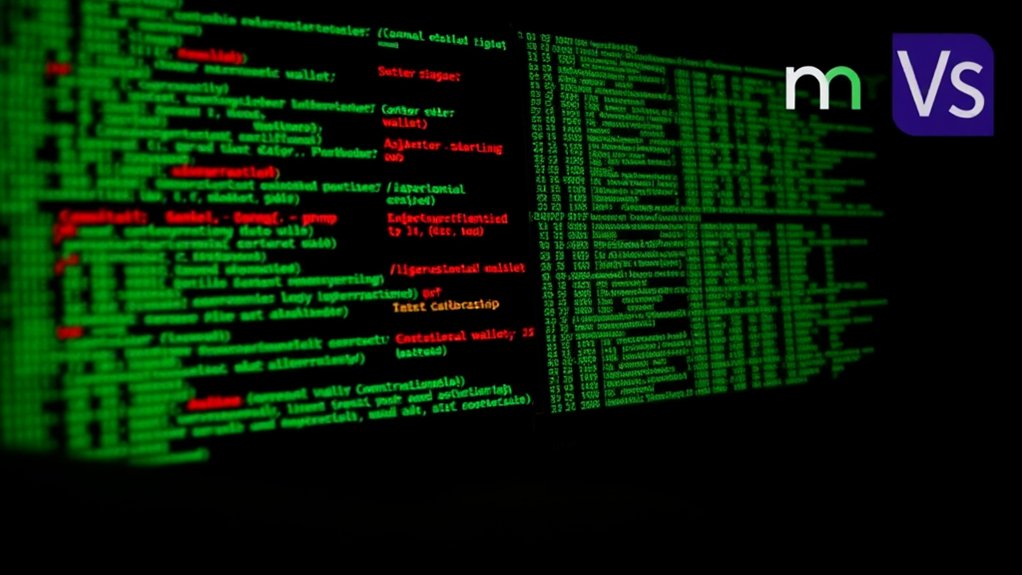In a widespread campaign of cyber espionage, Russian military hackers, identified as Unit 26165 or Fancy Bear, have breached critical supply chains affecting multiple sectors across at least 13 NATO countries, the United States, and Ukraine. This operation has primarily targeted the defense, transport, logistics, and technology firms, particularly seeking information about the types and timing of aid entering Ukraine.
Among the identified victims are key entities, such as shipping brokers, rail operators, port authorities, and defense contractors, all essential to managing these supply chains.
Exploiting vulnerabilities in modern infrastructure, the hackers employed various techniques. They accessed footage from over 10,000 IP cameras positioned near strategic transit points, utilizing traditional password-spraying and spear-phishing tactics for initial access. Surgical exploits, including particular vulnerabilities in Microsoft Outlook and web-mail systems, facilitated deeper penetration into the networks of their targets. [This specific targeting of companies in the defense, transport, and logistics sectors highlights the strategic interests of the hackers in gathering information on targeted sectors.]
Hackers exploited vulnerabilities, accessing footage from 10,000 IP cameras and using spear-phishing tactics for deeper network infiltration.
Once inside, the hackers used tailored data exfiltration methods, adapting their approach based on the victim’s unique environment.
The onset of these cyber attacks began in early 2022 and intensified with the ongoing conflict in Ukraine. During the exact success rate remains undisclosed, the seriousness of these breaches has prompted a vigilance alert from security experts. Companies are being advised to improve their cybersecurity measures, assume they are potential targets, and remain watchful for known tactics, techniques, and procedures (TTPs) associated with Fancy Bear.
Collaborative responses have emerged from several nations, including cybersecurity advisories issued by agencies like CISA, urging tightening of defenses and sharing of intelligence. The potential disruption of supply chains poses significant risks, particularly to the efficiency and delivery of crucial aid.
As experts continue to monitor the situation, it is clear that the ongoing threat from Russian cyber operatives is far from over, necessitating sustained vigilance and cooperative strategies among allied nations.









